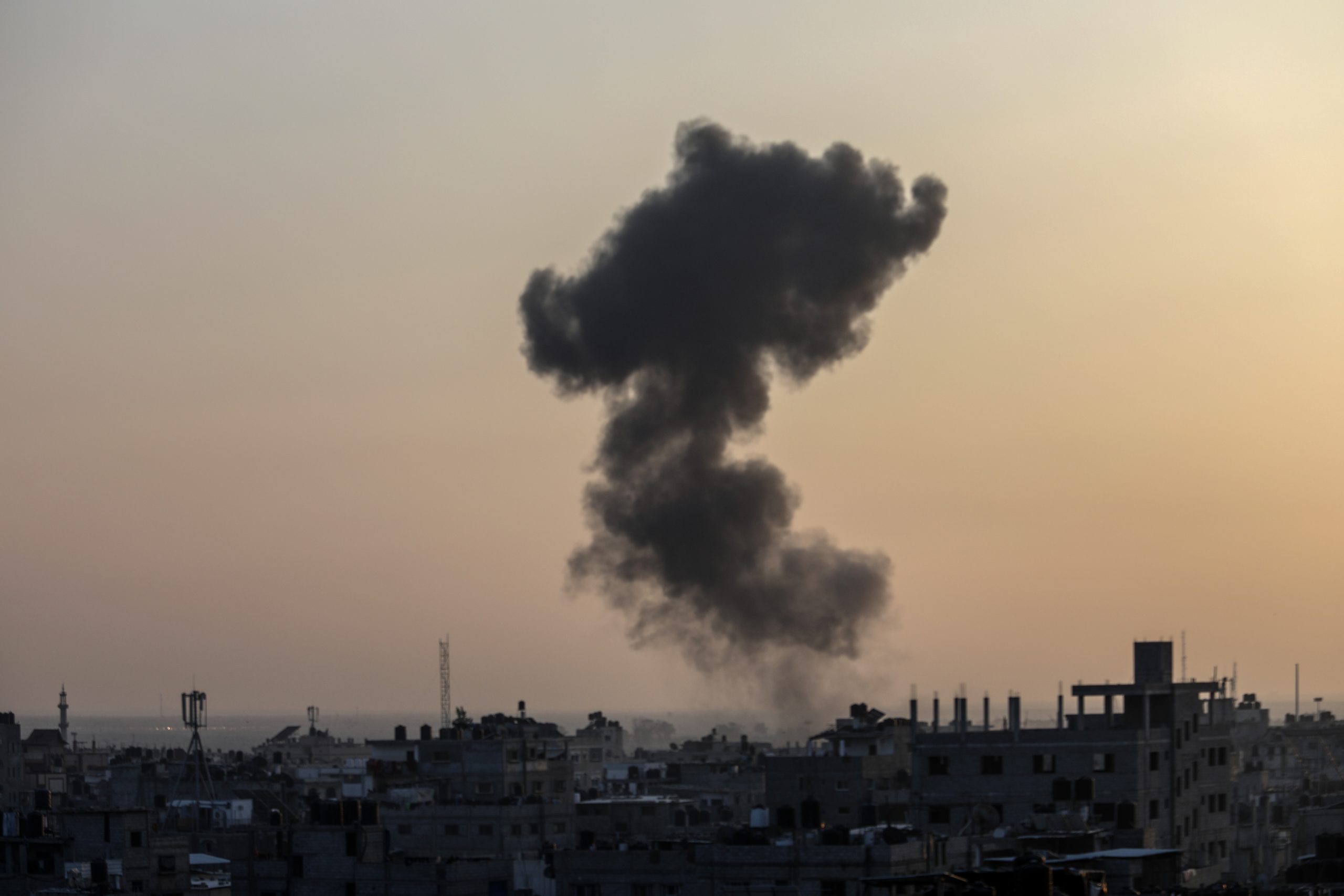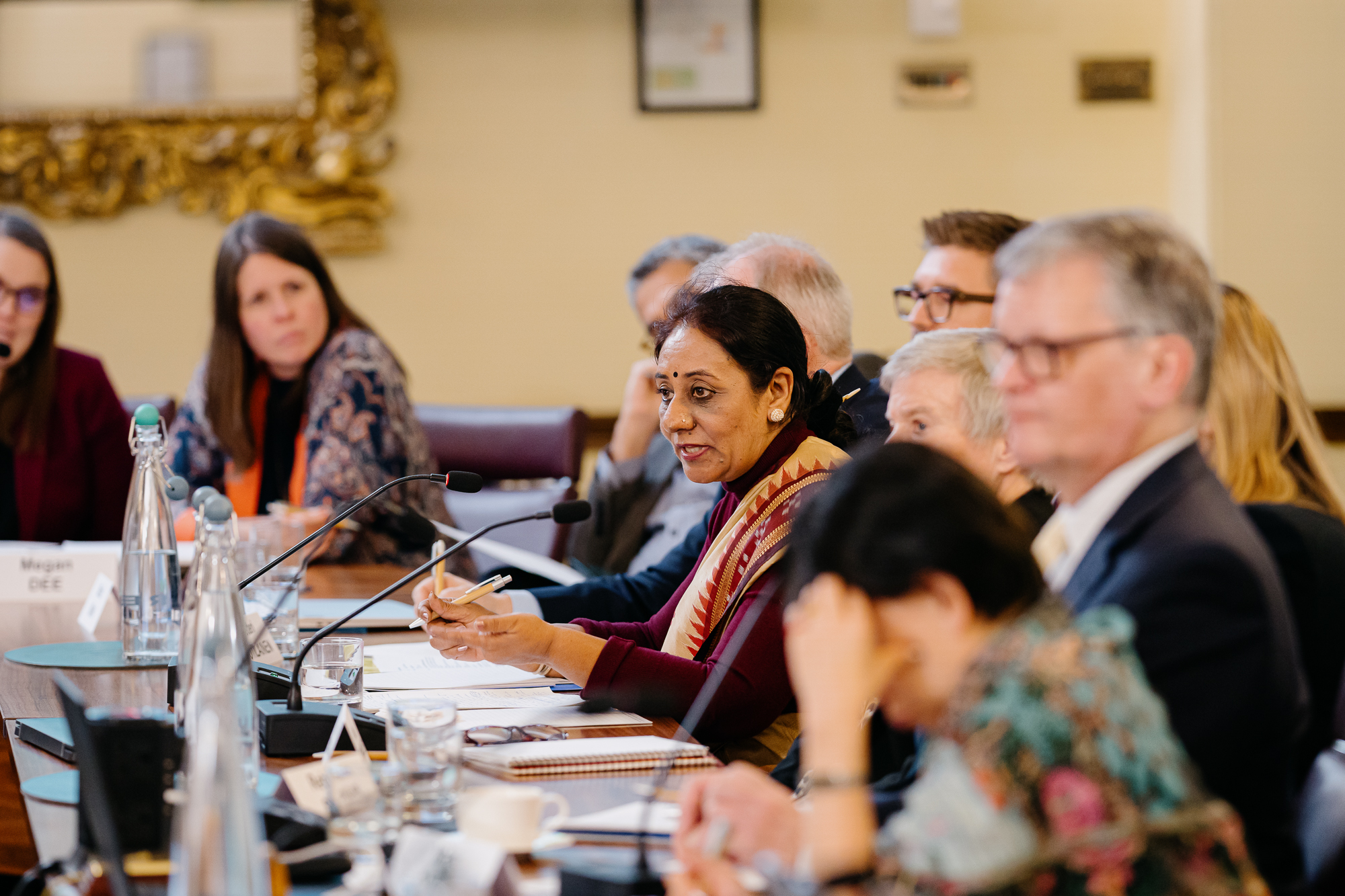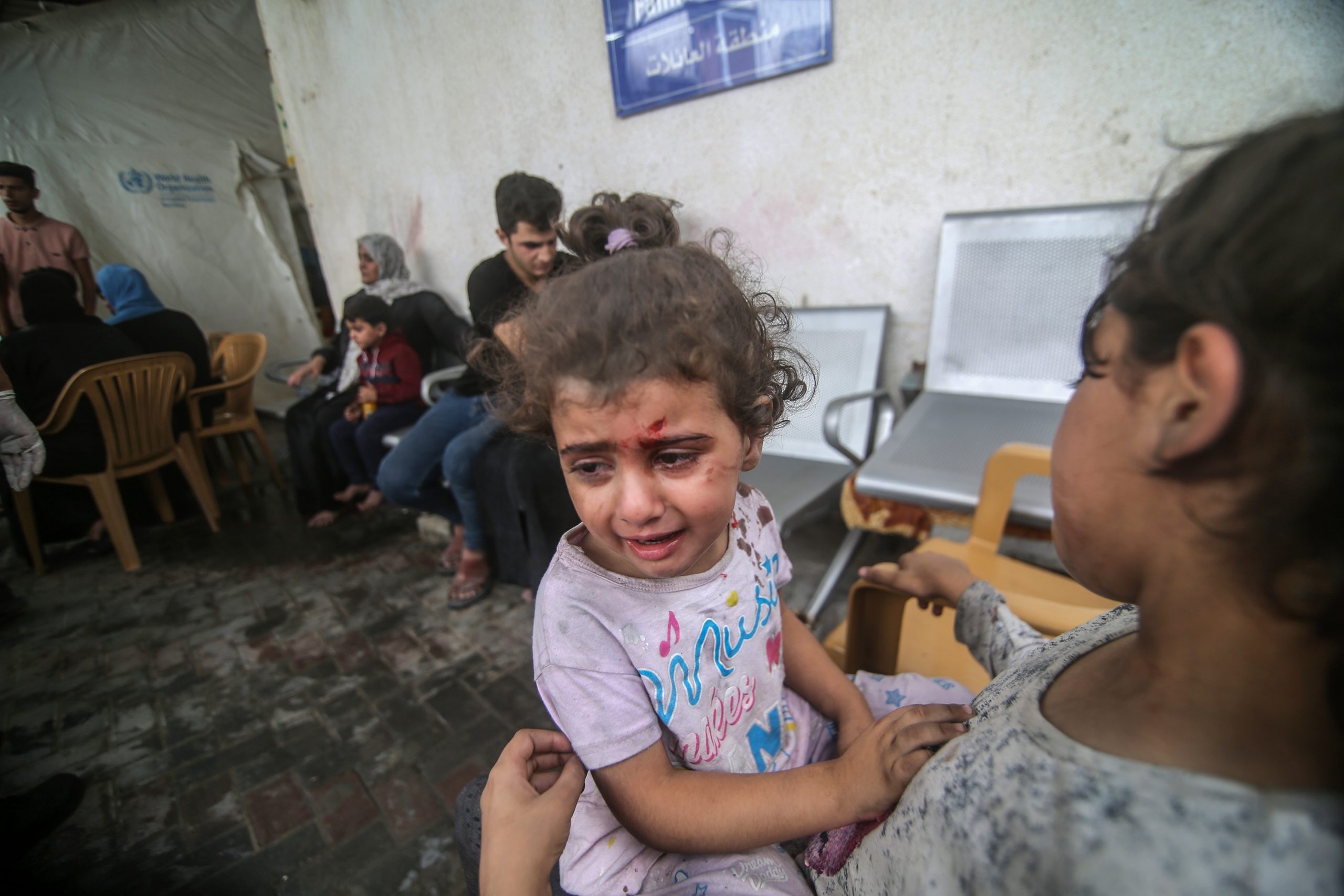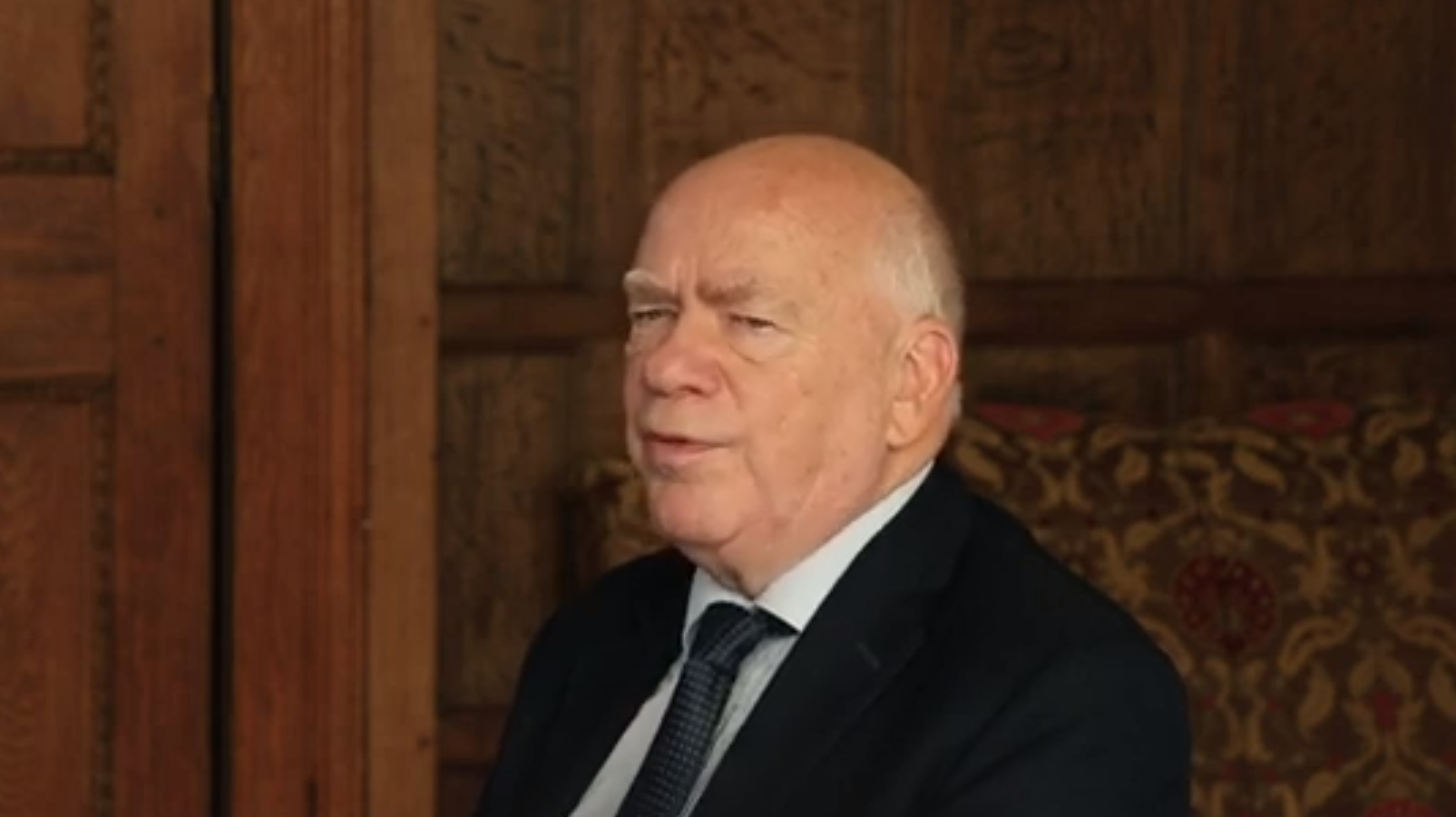This meeting identified how governmental, inter-governmental and non-governmental entities can prepare and effectively implement collaborative action in the event of the use of biological weapons, whether by states or non-state actors, in order to ensure an effective response that contains the outbreak promptly and promotes a quick recovery.
In recent years BTWC Article VII has attracted renewed attention by BTWC States Parties, due in part to the repeated use of chemical weapons in Syria, which underscored the complexity of staging an effective international response and the critical importance of advance preparedness, and in part due to the increasing threat of emerging and re-emerging infectious disease (exemplified by the EVD outbreak in West Africa) and the awareness of how ill prepared the world is for a large scale pandemic. Putting the provisions of Article VII into practice in the event of a deliberate release of a biological agent will, of necessity, involve many different government, inter-government and non-government entities working in close collaboration. For this to happen, there are many practical, legal and other complex logistical and operational challenges that will have to be overcome.
Studies conducted after the 2014-15 Ebola outbreak, including our 2016 event on The 2014-2015 Ebola outbreak: lessons for response to a deliberate event, strongly indicate that this collaboration will be significantly more complex and challenging than has hitherto been realised. Although the Eighth Review Conference of the BTWC discussed the issue, States Parties failed to agree a course of action to address it. Nonetheless, the Conference stated that “capabilities to detect, quickly and effectively respond to, and recover from, the alleged use of a biological or toxin weapon need to be in place before they are required”, and stressed a requirement for building on the work already conducted through the intersessional process. This is also a priority for the Global Partnership (GP)’s Biological Security Working Group and the Global Health Security Agenda Action Package Respond 2. This meeting will support the BTWC, GP and GHSA processes by developing tangible, action-oriented recommendations for how coordination of international response can be made more effective.












